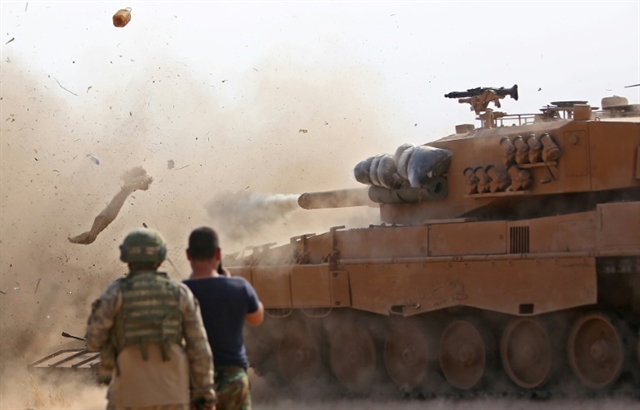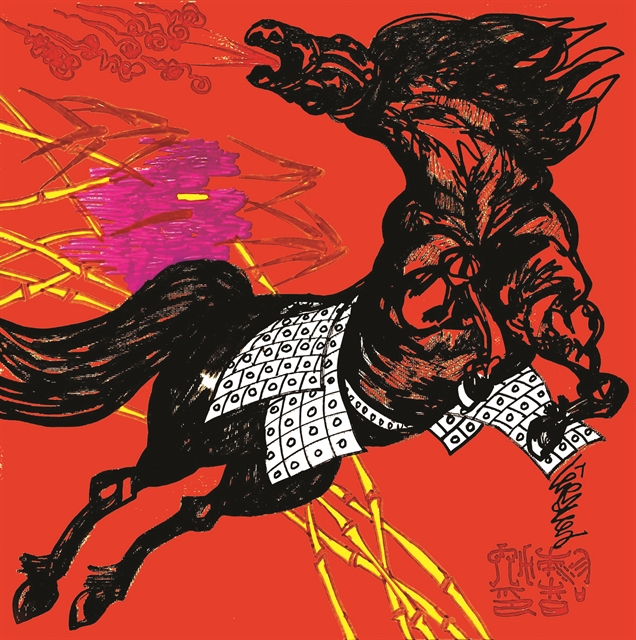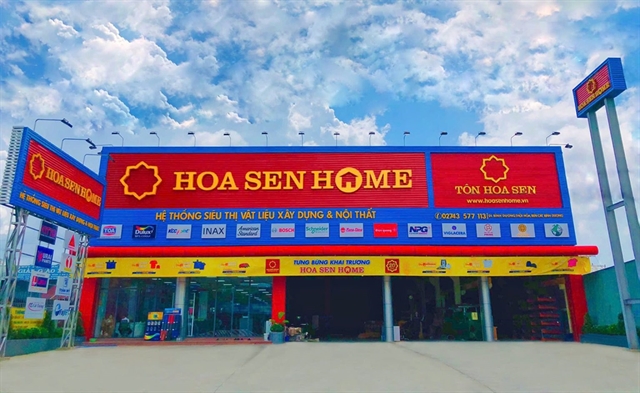 World
World


|
| Turkish soldiers at a position east of Ras al-Ain watch as a tank fires on positions held by Kurdish-led forces. — AFP Photo |
BEIRUT — The armies of Syria and Turkey traded deadly fire on Tuesday for the first time since Ankara launched an anti-Kurdish offensive in early October, as Russia announced Kurdish forces had withdrawn from the key border area.
Russian Defence Minister Sergei Shoigu said Kurdish forces had pulled back from the entire Turkish-Syrian border in accordance with a deal struck between Ankara and regime backer Moscow in Sochi earlier this month.
"The withdrawal of armed units from territory where a security corridor should be created has been completed ahead of time," Shoigu said, as quoted by Russian news agencies.
The Turkish military and its Syrian proxies launched an offensive against Kurdish forces in northeastern Syria on October 9 with the aim of creating a buffer zone roughly 30 kilometres (20 miles) deep.
Earlier this month, Kurdish forces agreed to withdraw from a 120-kilometre long, Arab-majority segment of the 440-kilometre border zone, but clashes have been reported since.
The Turkish presidency said joint Turkish-Russian patrols -- also planned under the Sochi deal -- would verify the Kurdish forces' withdrawal.
Shoigu said Syrian border guards and Russian military police had been deployed in the area.
But the situation was complicated by clashes between Syrian and Turkish forces on Tuesday.
The Britain-based Syrian Observatory for Human Rights reported that "heavy fighting erupted for the first time between the Syrian and Turkish armies", adding that six Syrian soldiers were killed near the key border town of Ras al-Ain.
"Turkish artillery fire killed five regime forces in battles on the edge of the village of Assadiya," Rami Abdel Rahman, the head of the Observatory, said.
He added that Syrian fighters used by Turkey as the main ground force for the invasion had executed a government soldier they had captured.
Later Tuesday, the Observatory reported more clashes between regime forces and Turkey's Syrian proxies. — AFP




